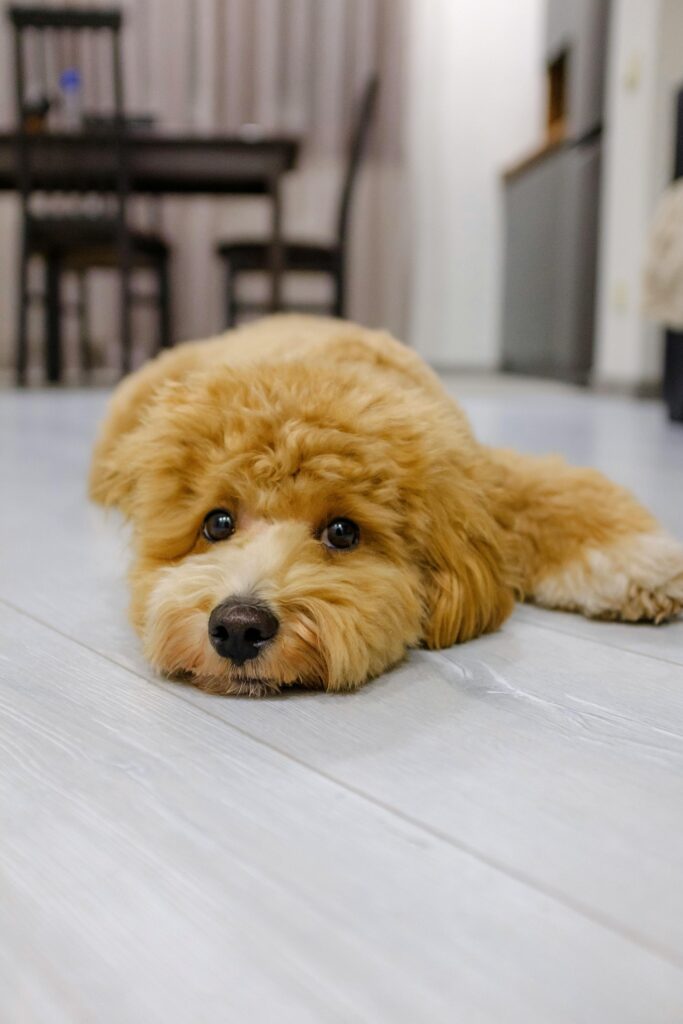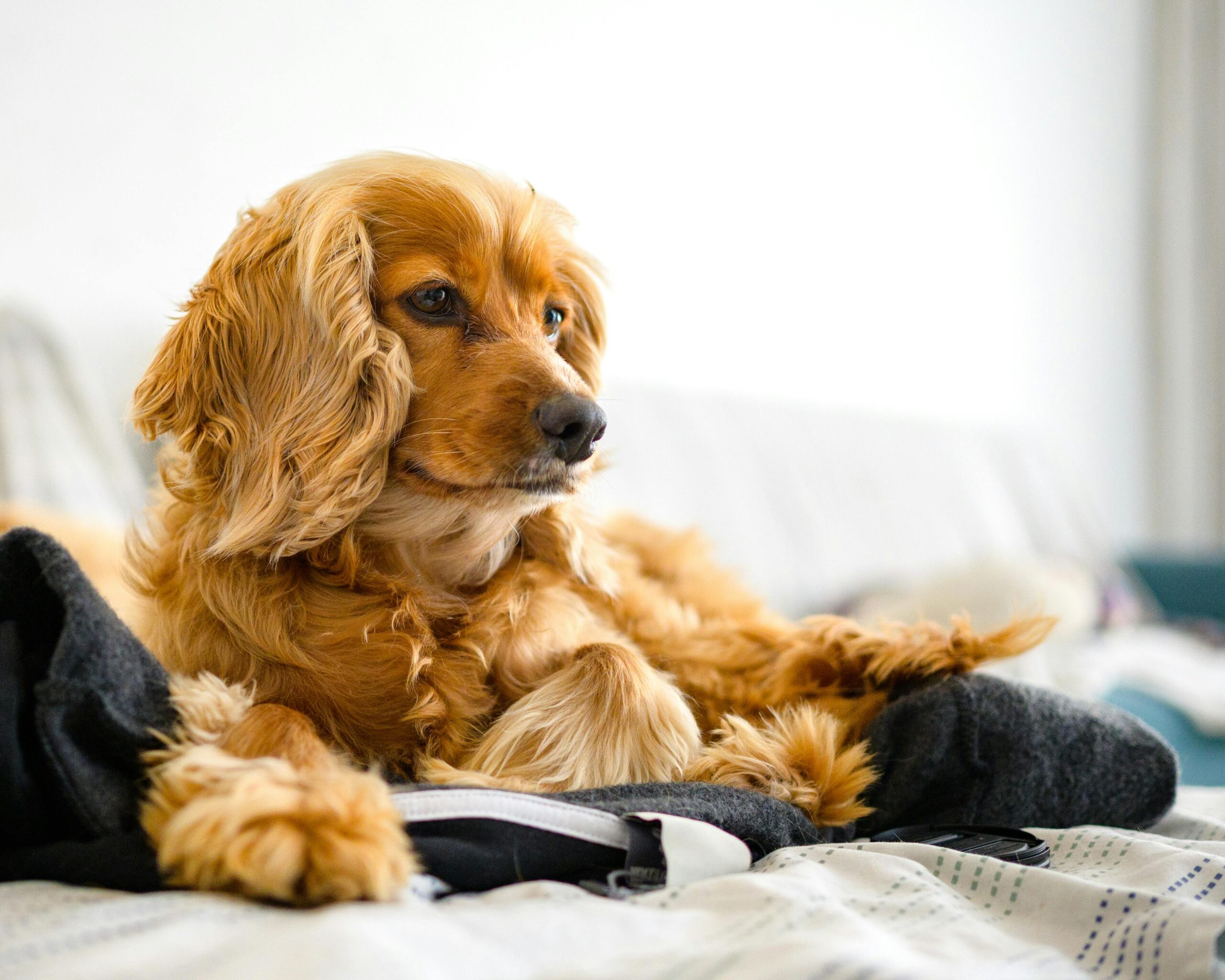Training should not stop when life gets busy
Calendars fill up. Work runs long. Family commitments pop up. Travel plans appear out of nowhere. When routines shift, many owners assume training has to wait for a calmer season. It does not. With small, well placed reps, you can keep your dog’s skills sharp even on the most hectic days. As a professional dog trainer, I build maintenance plans that fit real life, not just ideal schedules. The goal is steady touchpoints that prevent backsliding and keep your dog confident and responsive.

Why consistency matters more than long sessions
Dogs learn through patterns. Ten minutes every day beats one hour once a week because the behavior stays top of mind. Repetition builds clarity, which reduces stress and improves reliability around distractions. If you skip practice for weeks, you may notice pulling on leash, messy door manners, slow recalls, and general restlessness. That is not your dog being stubborn. It is a pattern problem.
If you want a deeper look at how regular practice cements behavior, read our post on why repetition is key in dog training. It explains how small, frequent wins outpace occasional marathons.
The ten minute home routine that works
You can keep solid obedience on track with a short, structured block. Here is a simple ten minute session you can run most days.
Minute 0 to 2: Focus and engagement
- Name response, then eye contact for one second, mark and reward.
- Add two steps of heel, stop, sit, release.
Minute 2 to 5: Core skills
- Place for 30 to 45 seconds, twice. Reward calm.
- Down stay for 30 seconds, add light distractions, reward return.
Minute 5 to 7: Recall mini set
- Short distance come on a long line if needed. Ask for sit on arrival. Reward.
Minute 7 to 10: Real life drill
- Door manners. Sit and wait while you touch the handle, open an inch, close, reward. Repeat and add a short doorway walk through.
This simple circuit touches engagement, stationary control, movement, and manners. It also scales up or down depending on your dog’s experience.
Reinforcing training on the busiest days
Even if ten minutes feels impossible, you still have opportunities to stack training onto what you already do.
- Mealtimes: Ask for sit, eye contact, and release. For dinner, swap a bowl for a scatter or a puzzle feeder to add impulse control and nosework.
- Doorbell moments: Use place when packages arrive. Reward calm, then release.
- Short walks: Practice a crisp start. Two minutes of heel leaving the driveway, then a free sniff. Repeat that pattern on the way back.
- Play: Before each throw of fetch, ask for sit or down. Mix in a stay. Use a release word before each chase.
- Household chores: While you fold laundry, send your dog to place for one to two minutes. Reward quietly.
These micro reps keep your dog responsive without adding time to your day.
A seven day micro plan you can repeat
Monday: Ten minute circuit at lunch.
Tuesday: Door manners during every exit.
Wednesday: Two mini recall sets in the yard or hallway.
Thursday: Structured play with “take it” and “drop it.”
Friday: Loose leash skill on the first five minutes of the evening walk.
Saturday: Place during breakfast for two short rounds.
Sunday: Review everything for ten minutes, end with a calm sniff walk.
Consistency beats intensity. The plan works because it is simple enough to sustain.
Keep skills fresh while traveling
Travel creates new contexts and distractions. That is not a problem if you bring structure with you. Think of trips as chances to generalize the skills you already have.
Pack like a trainer
- 4 to 6 foot leash and a long line for safe practice.
- Flat collar or your usual training tool, fitted correctly.
- Travel mat for place, collapsible bowl, sealed food container.
- Small pouch of high value rewards and a favorite chew for settling.
Start every new stop with a reset ritual
- Two minutes of heel and sit at your side in a quiet corner.
- One place rep on the travel mat, thirty seconds, reward.
- One recall on a long line, then a calm sniff break.
This tiny ritual centers your dog and reminds them that the same rules apply, even in a new environment.
Hotel and rental etiquette
- Place while you check in or set up the room.
- Reward quiet behavior when people pass in the hallway.
- Use a white noise source and a chew to reduce alert barking.
Car routine
- Short potty break before loading up.
- Settle on a mat. Offer a safe chew only when the vehicle is moving.
- Quick leash tune up at each stop, then back to calm rest.
A reliable resource for trip planning
For clear, practical travel pointers, packing ideas, and safety considerations, review the AKC public education travel tips. It is a concise hub you can reference before each trip, and it pairs well with the reset ritual described above. Here is the guide: AKC travel resources for dog owners.
Structured play that reinforces obedience
Play is not the opposite of training. Play is the reward and the classroom.
- Fetch with rules: Sit, eye contact, release, fetch, return, drop, sit, throw again.
- Tug with manners: Take it, out, back to sit, then take it again. Keep rounds short to protect impulse control.
- Hide and seek: One person holds, the other hides. Call once. Pay the first sit on arrival. This builds recall speed and a clean finish.
You can run any of these games in hotel rooms, backyards, or quiet corners of a rest stop.
Proof skills in new places without losing control
When you change the environment, reduce the difficulty of the behavior. Then rebuild duration, distance, and distraction.
- Reduce duration: Ask for a 10 second down stay before you try a full minute.
- Close the distance: Practice recall at 10 feet before 30 feet.
- Lower distraction: Start in a quiet area of a park, then move closer to the path.
Progress feels smooth when you make one change at a time.
Troubleshooting common setbacks
My dog pulls at the start of every walk.
Warm up with thirty seconds of heel in the driveway. If they surge, stop, wait for slack, praise, step again. Two minutes of this at the beginning saves the rest of the walk.
We lost our recall in new places.
Shorten the line, shorten the distance, increase payouts. Three clean successes in a row, then add five feet. Avoid calling if you think you will fail. Set up wins.
Door manners fell apart.
Break the sequence into pieces. Hand on handle, reward stillness. Door cracked an inch, reward stillness. One step through with your dog holding sit, return, reward. String the pieces back together over a few days.
Travel made my dog vocal in the hotel.
Increase mental work before quiet time. Use place with a chew, white noise, and a towel draped over the crate if you are traveling with one. Reward silence, not just quiet after barking.
When to ask for professional help
If your dog’s skills slide after a busy season, or if travel adds anxiety, a short tune up with a trainer will speed the reset. Our programs are built for real life, not just controlled classrooms. We help you create a routine you can keep and we proof behaviors in the places you actually go.
Start with our Basic & Advanced Obedience Program. We will rebuild clean responses, layer in distraction, and hand you a simple maintenance plan you will actually use on tight schedules and on the road.
Ready for a plan that fits your life? Let us tailor a maintenance routine for your family and your calendar. You can start a conversation today through our site. Here is the easiest way to reach us: contact the Canton team.

